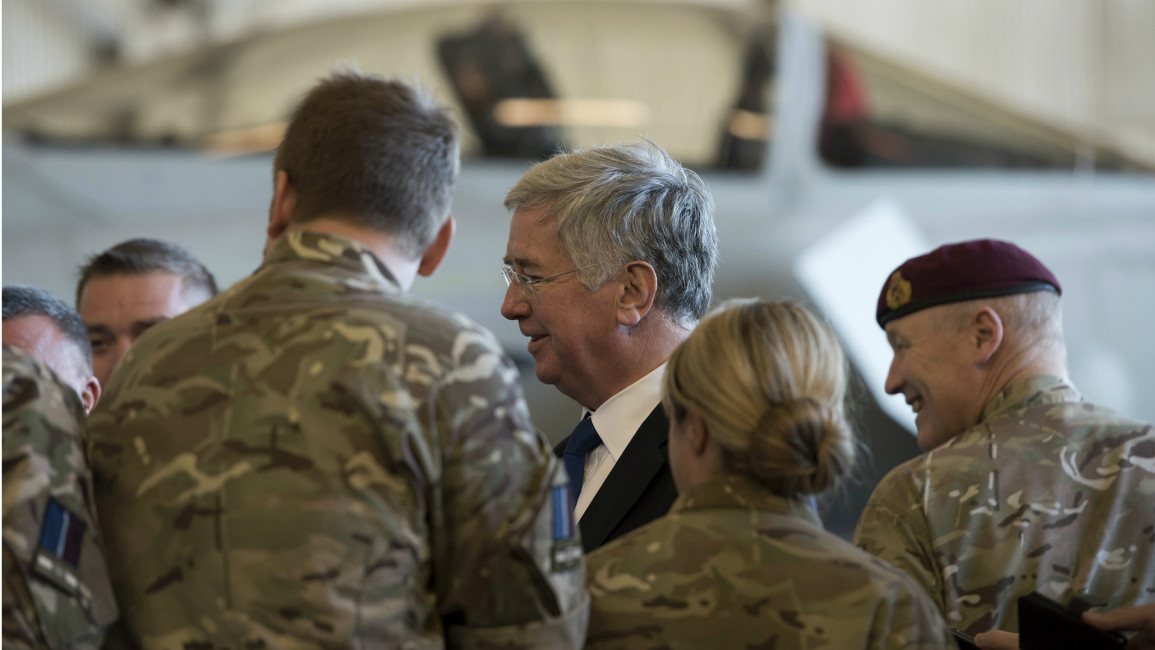British jets carry out second round of Syria strikes
British warplanes carried out their second round of airstrikes in Syria since MPs voted to extend Britain's bombing campaign.
Royal Air Force [RAF] planes based in Cyprus carried out eight strikes overnight, focusing on Islamic State group targets in the Omar oil field in eastern Syria, 30 miles (48 kilometres) from the Iraq border.
Two Tornados and, for the first time, two Typhoons, were launched to bomb the fields in an operation aimed to “cut off the terrorists’ oil revenue at the very source,” the Ministry of Defence (MoD) said.
Defence Secretary Michael Fallon, who is visiting the British base for the Syria mission in Cyprus, said last night "saw the full force of the RAF."
"We are going to use force against them [IS] in the headquarters, their command and control, their logistics, but also in the infrastructure that supports them," Fallon said on Saturday.
"We are going to do our very best to minimise civilian casualties,” he added.
Fallon was speaking to personnel from 903 Expeditionary Wing at Akrotiri RAF base in Cyprus, from where daily missions are flown against IS.
His visit to the eastern Mediterranean island came just three days after parliament voted to extend Britain's air campaign from Iraq to include Syria.
Fallon also said that the RAF strikes against the Islamic State group will make British streets safer.
Britain joined the US-led bombing campaign over Syria on Thursday, hitting the oil field held by IS just hours after a decisive parliamentary vote authorised airstrikes.
Thursday's strikes with Paveway guided bombs were carried out by four Tornado fighter jets in the Omar oil field, which the ministry said "represents over 10 percent of their potential income from oil".
Following the first round of strikes, British Prime Minister David Cameron said: "We are going to need to be patient and persistent. This is going to take time."
"There will be strong support from our allies because they wanted us to join them in taking this action," Cameron added.
US President Barack Obama and French President Francois Hollande said they welcomed Britain's move.



